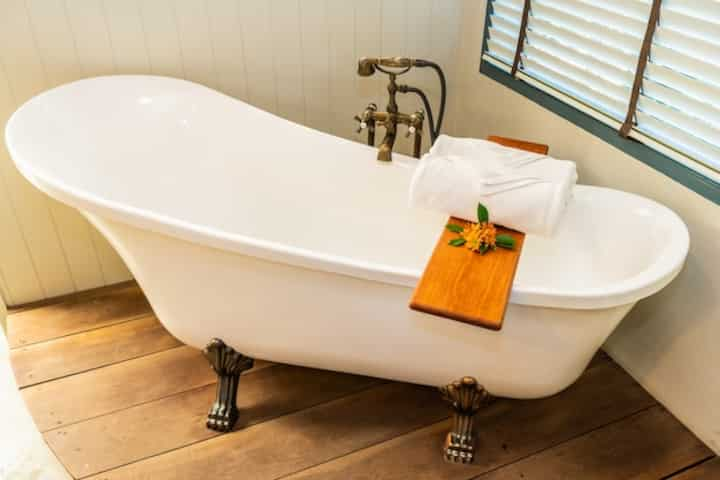
Expert Advice on Bathroom Tile Installation Cost
Renovating a bathroom is a significant undertaking that involves many decisions, one of which is selecting and installing tiles. Understanding the costs associated with bathroom tile installation can help homeowners budget effectively and make informed choices. The cost can vary widely depending on several factors, including the type of tiles selected, the complexity of the design, and the size of the area to be tiled. It is crucial to consider both material and labor costs to ensure a successful renovation within budget.
Factors Influencing Tile Installation Costs
Several factors can affect the overall cost of bathroom tile installation. Here are some key considerations:
- Tile Material: The type of tile selected is one of the most significant factors affecting cost. Ceramic tiles are generally more affordable, while natural stone tiles, such as marble or granite, can be more expensive.
- Tile Size and Shape: Larger tiles often cover more area with less installation effort, potentially reducing labor costs. However, intricate shapes or mosaic designs may require more time and skill to install.
- Installation Complexity: Complex patterns or layouts can increase labor costs. Simple grid patterns are usually less expensive to install than intricate designs.
- Preparation Work: The condition of existing walls or floors can impact costs. Additional preparation, such as leveling surfaces or removing old tiles, may incur extra charges.
- Location: Costs can vary based on geographic location due to differences in labor rates and material availability.
Estimating Material Costs
Understanding the cost of materials is essential for budgeting. Here’s what to consider:
- Ceramic and Porcelain Tiles: Generally range from $1 to $15 per square foot.
- Natural Stone Tiles: Prices can start at $5 per square foot and increase significantly depending on the type and quality.
- Glass Tiles: Typically cost between $7 and $30 per square foot, depending on the style and manufacturer.
- Mosaic Tiles: These can range from $5 to $30 per square foot, particularly for unique designs.
Additional Costs to Consider
Beyond the basic material costs, there are other expenses to consider:
- Adhesive and Grout: Essential for securing tiles, these materials can add $1 to $3 per square foot to the overall cost.
- Sealing: Natural stone tiles may require sealing, which can add to the cost over time.
- Underlayment: Necessary for some installations to provide a stable foundation, potentially adding $1 to $5 per square foot.
Labor Costs and Considerations
Labor costs can vary significantly based on the complexity of the installation and the experience of the installers. Typical labor costs range from $4 to $32 per square foot. Factors impacting labor costs include:
- Installation Time: More complex designs take longer, increasing labor costs.
- Experience Level: Highly skilled professionals may charge more for their expertise.
- Geographic Location: Labor rates differ across regions, influencing overall costs.
For more insights on installation services, find additional information here.
Budgeting for Unexpected Costs
It is wise to allocate a portion of your budget for unexpected expenses, which can arise during any renovation project. Consider setting aside 10-15% of your total budget for unforeseen issues. This cushion can cover unexpected repairs or adjustments needed to ensure a high-quality finish.
For more information on budgeting, learn more in this detailed guide.
Conclusion
Understanding the various factors influencing bathroom tile installation costs is crucial for effective budgeting and planning. By considering material, labor, and potential additional costs, homeowners can ensure their renovation project stays on track financially. For further insights into bathroom remodeling, explore further insights here.